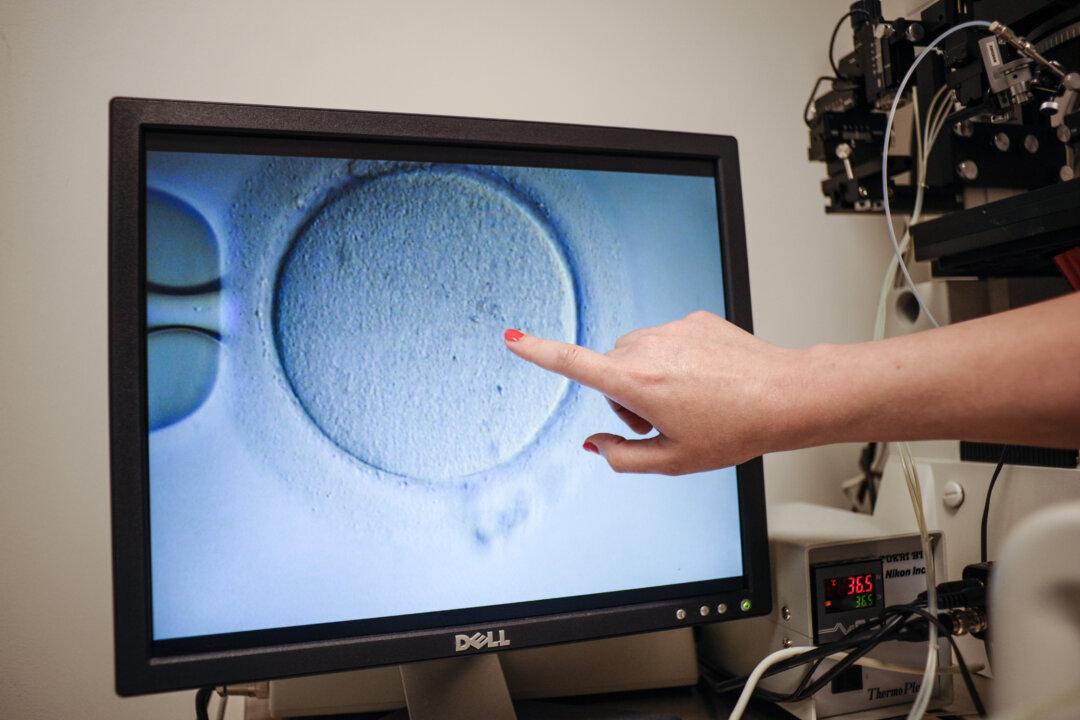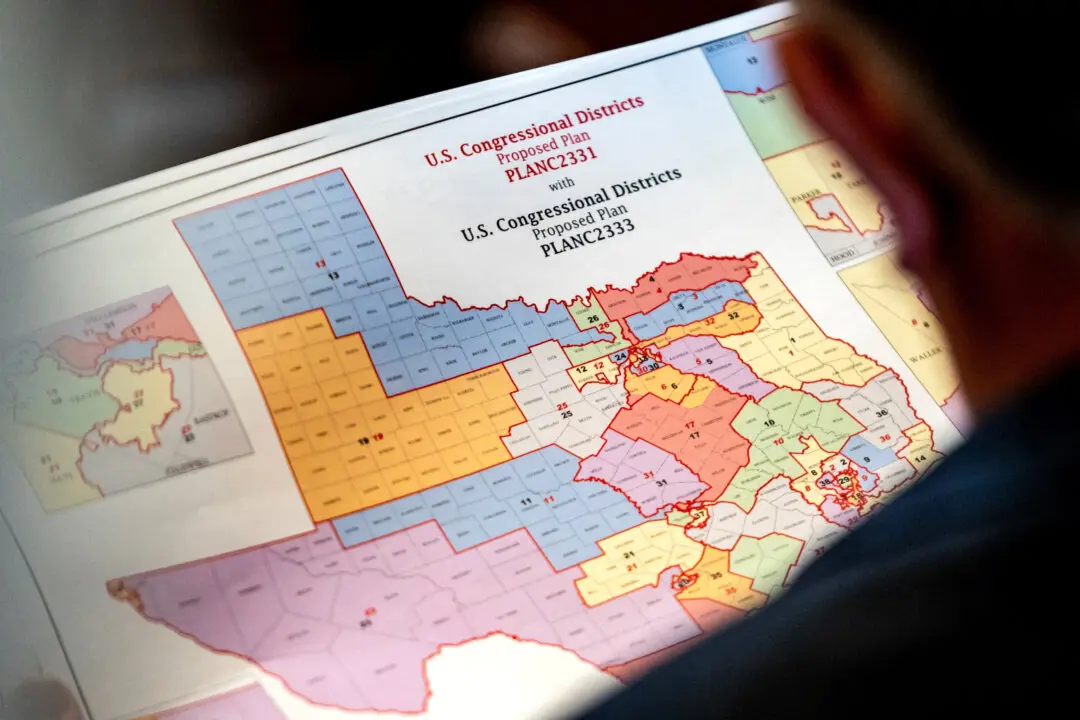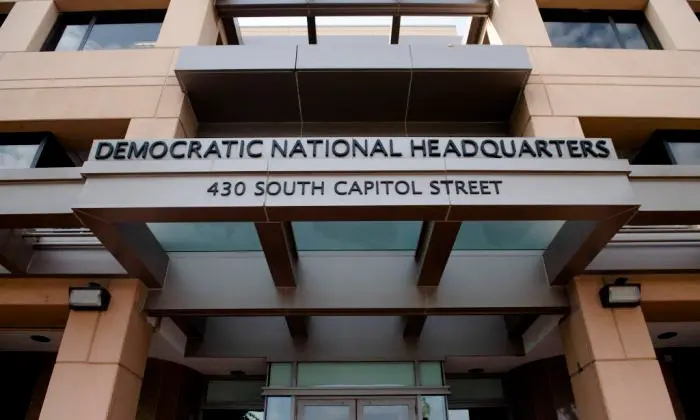In a landmark decision on Feb. 16, the Alabama Supreme Court declared human embryos, including those outside the uterus, as children under state law, thus bringing them under the protection of the state’s wrongful death laws.
This ruling, stemming from a lawsuit against a cryogenic facility for the destruction of stored embryos, has raised significant concerns about the future of in vitro fertilization (IVF) treatments in Alabama.





